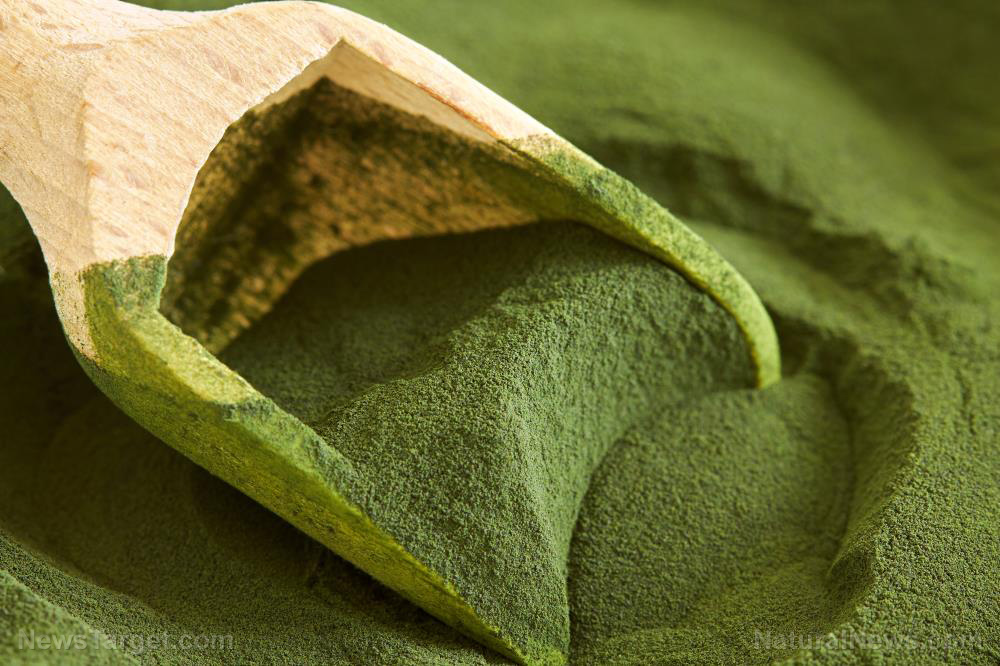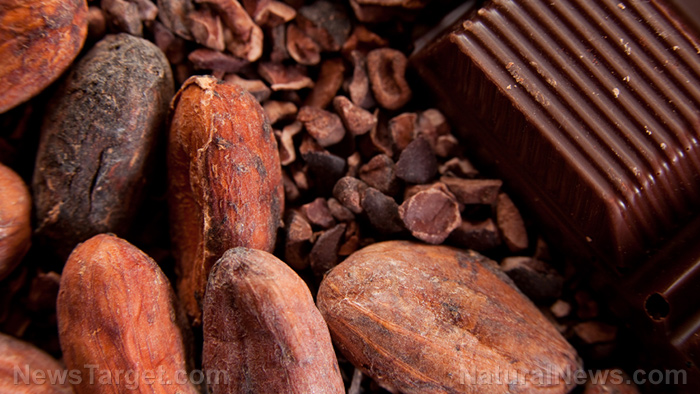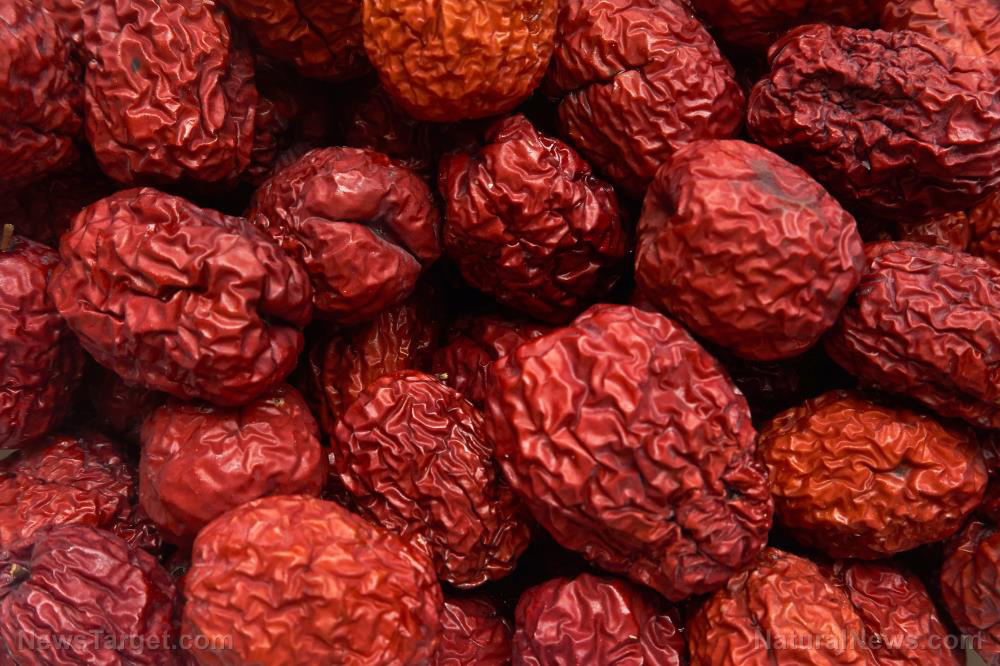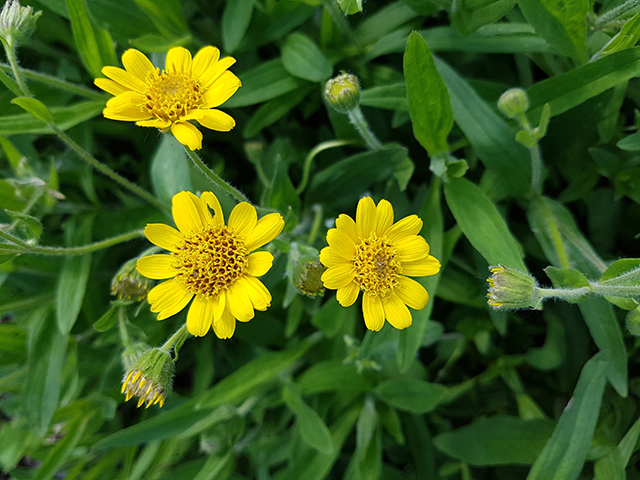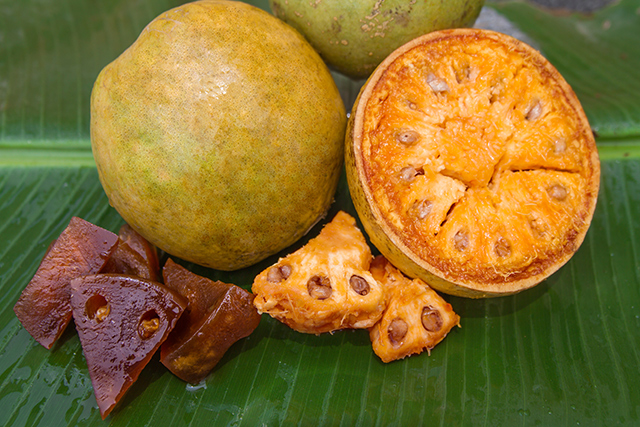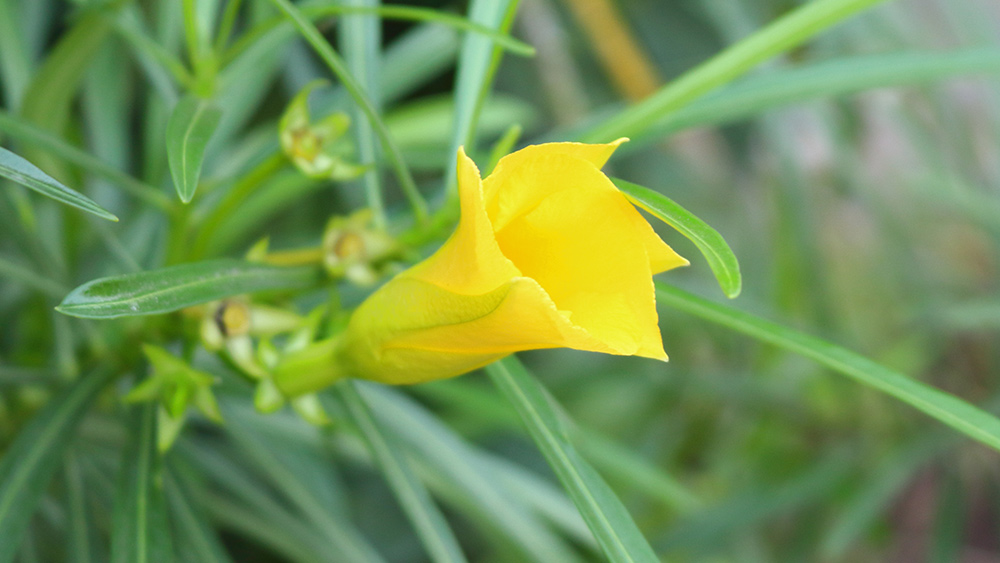People who use medical cannabis are less likely to abuse opioids, research finds
04/23/2018 / By Vicki Batts
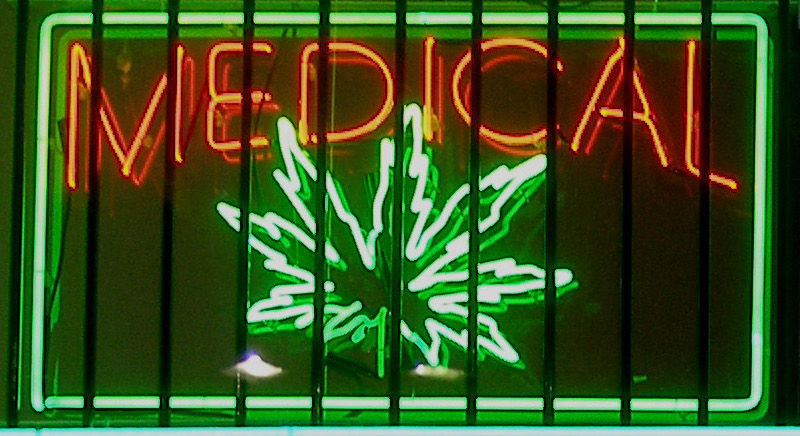
Could plant medicine be the solution to the pharma industry-created opioid epidemic? Despite being marked with stigmata, the cannabis plant has continued to prove its medicinal value — even under strict (and nonsensical) prohibition via the federal government. Multiple studies have shown that marijuana, when used medicinally, reduces the risk of opioid abuse — and some research has even suggested that medical cannabis can help opioid users overcome their addiction.
Certainly, the plant’s plethora of uses for medicinal purposes explains why it’s so heavily prohibited; to legalize cannabis would, ultimately, delegitimize the entire pharmaceutical industry — or at least their biggest cash cows: Painkillers.
As recent studies have noted, states with medical marijuana laws are doling out far fewer opioids — much to Big Pharma’s chagrin, no doubt. Research regarding older adults with Medicare benefits found that on average, states prescribe 23 million doses of opioids every day. But, in states where medical cannabis was legalized, this figure dropped by nearly four million. Four million fewer doses of opioids given, can you believe that? And that’s with the heavy-handed regulation currently striking the medical marijuana movement.
But that’s not all: Another study of Medicaid patients found similar drops in opioid prescriptions in medical marijuana states. In fact, the researchers found that in states with medical cannabis, there was a six percent reduction in opioid prescriptions.
Dr. Kevin Hill coauthored an accompanying editorial for the study and is also the director of addiction psychiatry at Beth Israel Deaconess Medical Center in Boston. He reportedly commented on the research, stating, “These findings suggest that cannabis may play a role in fighting the opioid crisis by reducing some patients’ need for opioids.”
The power of the elements: Discover Colloidal Silver Mouthwash with quality, natural ingredients like Sangre de Drago sap, black walnut hulls, menthol crystals and more. Zero artificial sweeteners, colors or alcohol. Learn more at the Health Ranger Store and help support this news site.
Of course, like many members of mainstream medicine, Hill countered this conclusion by contending that cannabis still shouldn’t be considered for the first, or even second, line of treatment. Imagine how many fewer people would be on opiates if medical marijuana was prescribed as readily as Big Pharma’s addictive and deadly substances.
However, the Medicaid study’s lead author Hefei Wen, an assistant professor of health management and policy at the University of Kentucky College of Public Health in Lexington, Kentucky, is a bit more optimistic about medical marijuana. Wen commented on the team’s research, declaring, “There has been substantive evidence that marijuana can relieve pain at a lower risk of addiction than opioids and with virtually no risk of overdose.”
“The potential for marijuana policies to reduce the use of addictive opioids deserves consideration, especially in states that have been hit hard by the opioid epidemic,” Wen added.
While these studies clearly show a correlation between medical cannabis availability and dropping rates of opioid prescription, naysayers are quick to note that this does not equate to a cause-and-effect relationship, nor does it prove that cannabis is effective for all types of pain.
It is true that these studies are not the end-all, be-all of cannabis science, the fact of the matter is that cannabis prohibition serves the pharmaceutical industry and not the American people. Big Pharma has spent nearly a billion dollars fighting against opioid regulations and to shut down even the smallest allowances for cannabis legalization — and this fight is little more than a self-serving effort to preserve their profit margins.
Research has shown that stricter regulations on medical marijuana reduce patient access to a potentially life-saving alternative — yet both the pharma and medical industries have colluded to keep it out of reach. [Related: Read more stories like this at AlternativeMedicine.news]
Sources for this article include:
Tagged Under: addiction, alternative medicine, cannabis, Herbs, Medical cannabis, medical marijuana, natural medicine, natural remedies, opioid addiction, Opioids, research, safe medicine





